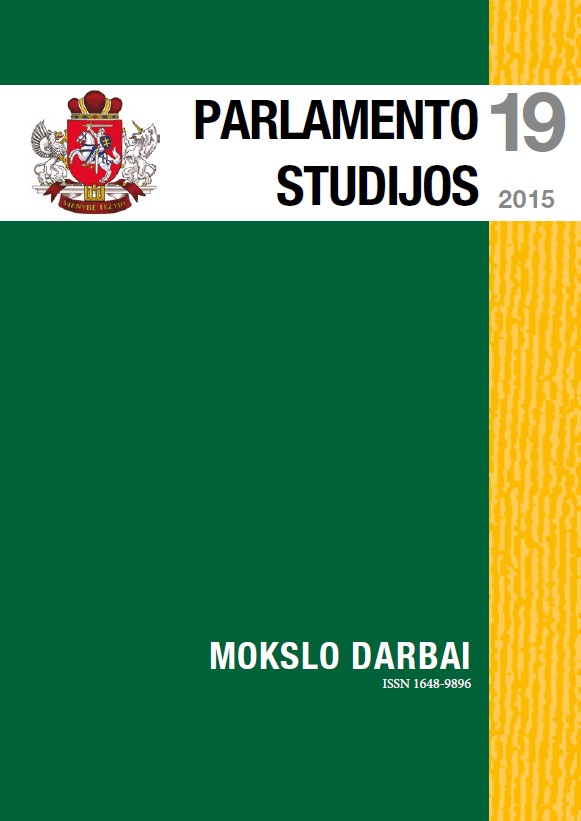How Is the Parliamentarism of the Grand Duchy of Lithuania and the Republic of Both Nations Revealed in Modern-day Tools for Learning History?
DOI:
https://doi.org/10.51740/ps.vi19.179Keywords:
history textbooks, Parliamentarism, Parliamentarism of the Grand Duchy of Lithuania, Parliamentarism of the Republic of Both NationsAbstract
The article analyses sets of history textbooks of four main educational publishing houses, namely, Briedis, Baltos lankos, Šviesa, and Ugda, which werecreated in accordance with the Basic Education General Programme updated in 2008 and the Secondary Education History Programme updated in 2011. In total, two textbooks for 5th grade, three textbooks for 8th grade, three textbooks for9thgrade, and three textbooks for 11thgradewere examined. The aim was to find out how the parliamentarismof the Grand Duchy of Lithuania and the Republic of Both Nations (the Polish-Lithuanian Commonwealth) was revealed in the history textbooks published after the update of the aforementioned programmes.
It should be stated that parliamentarism and its manifestation is most broadly reflected in the 8th grade textbook published by Baltos lankos, the author is the historian Deimantas Karvelis. Nevertheless, the question whether the text is suitable and perceptible to students of this age remains open. In most of the texts of the analysed textbooks parliamentarismis conveyed not through the analysis of the political culture but rather through the presentation of institutions and legal documents. This is not right as the students cannot mould their opinion about the substance and manifestation of the general political culture of citizens of the 16th – 18th centuries. The general education programmes do not specify what students should know, understand and be capable to explainabout the parliamentarism of the Grand Duchy of Lithuania and the Republic of Both Nations and its manifestation. Therefore the authors of history textbooks lack the reference point and explicitness on how this should be conveyed. In the analysed textbooks this aspect is of interpretative nature, in other words, it depends on the conception and competence of those, who create these learning tools.








 The metadata of the scholarly journals and publications of the Lithuanian National Martynas Mažvydas Library is distributed by
The metadata of the scholarly journals and publications of the Lithuanian National Martynas Mažvydas Library is distributed by 